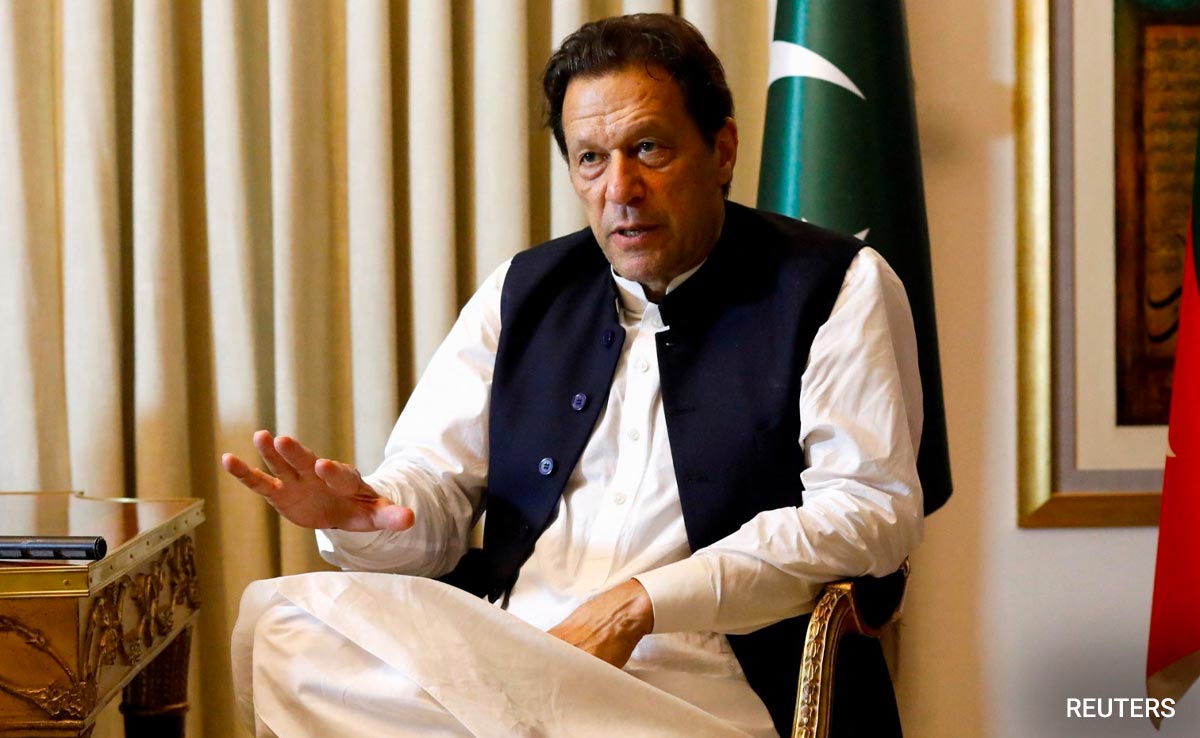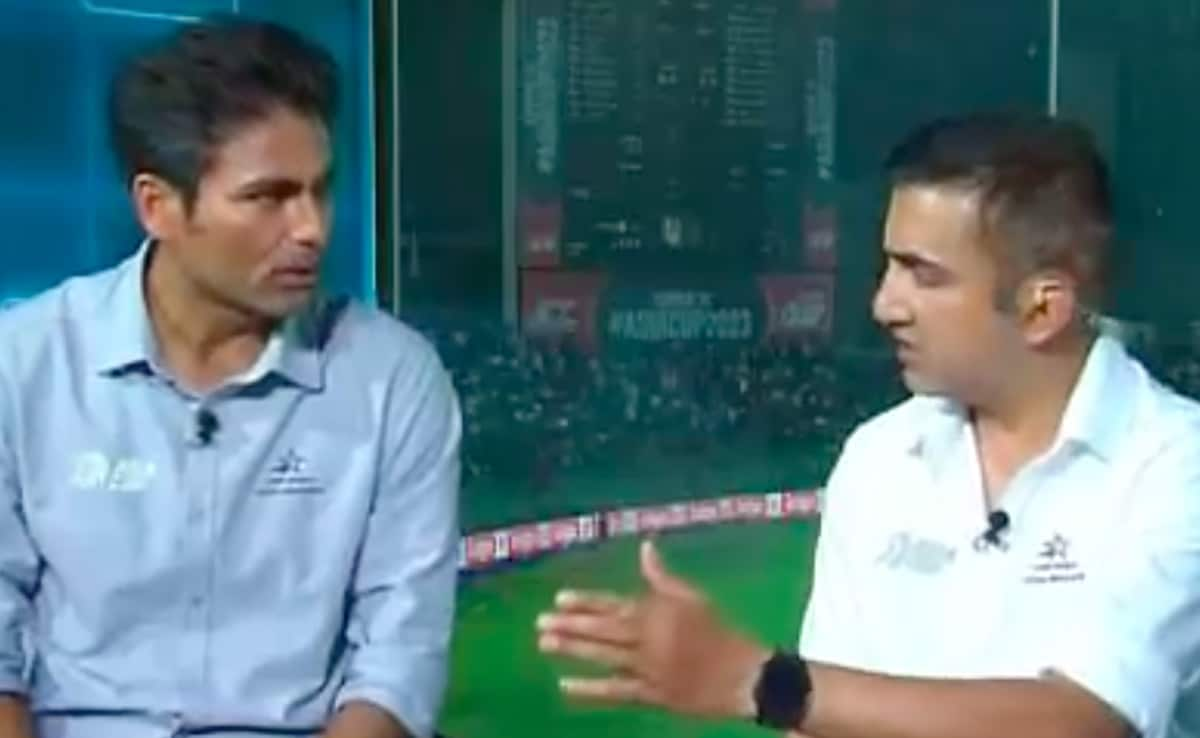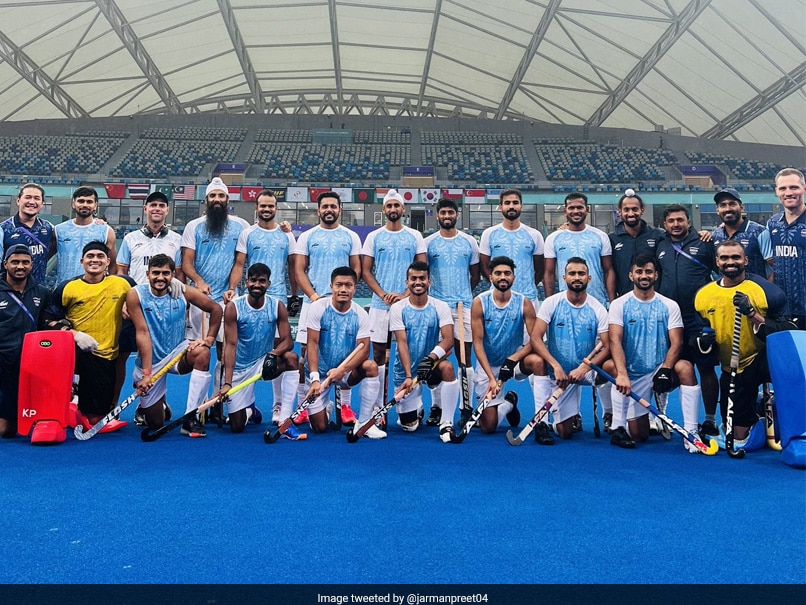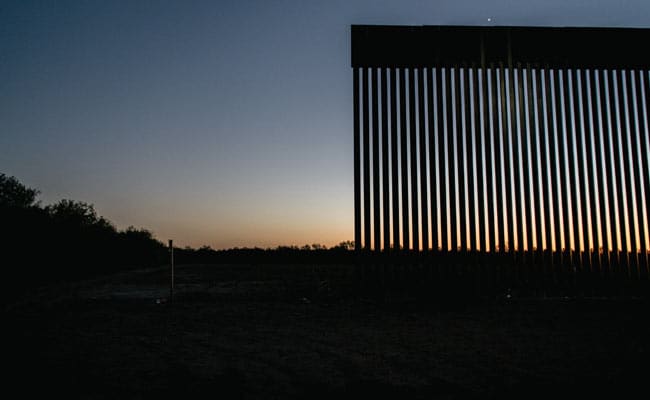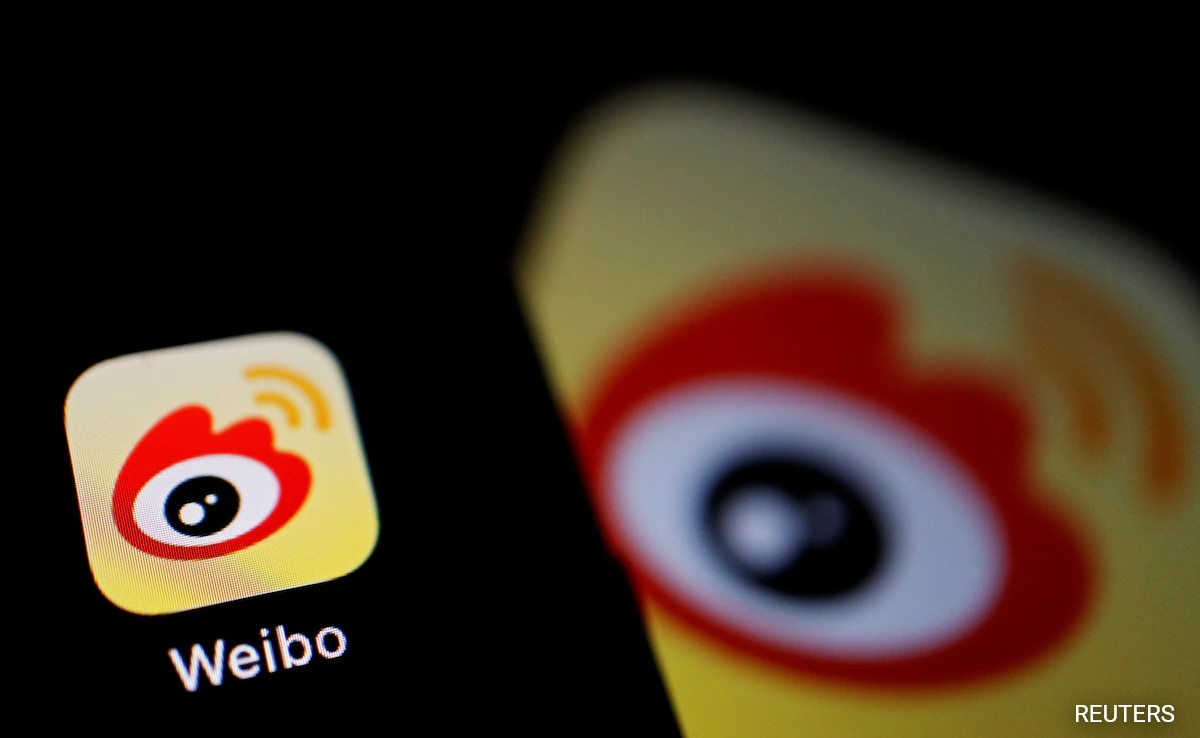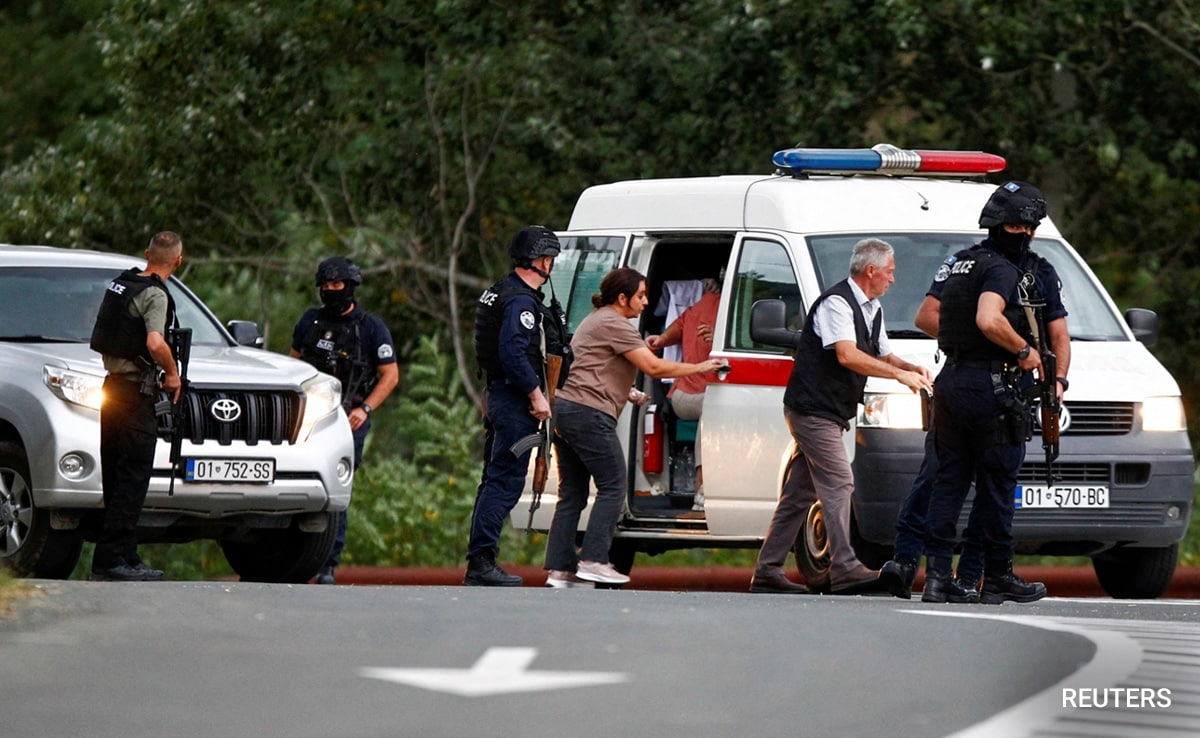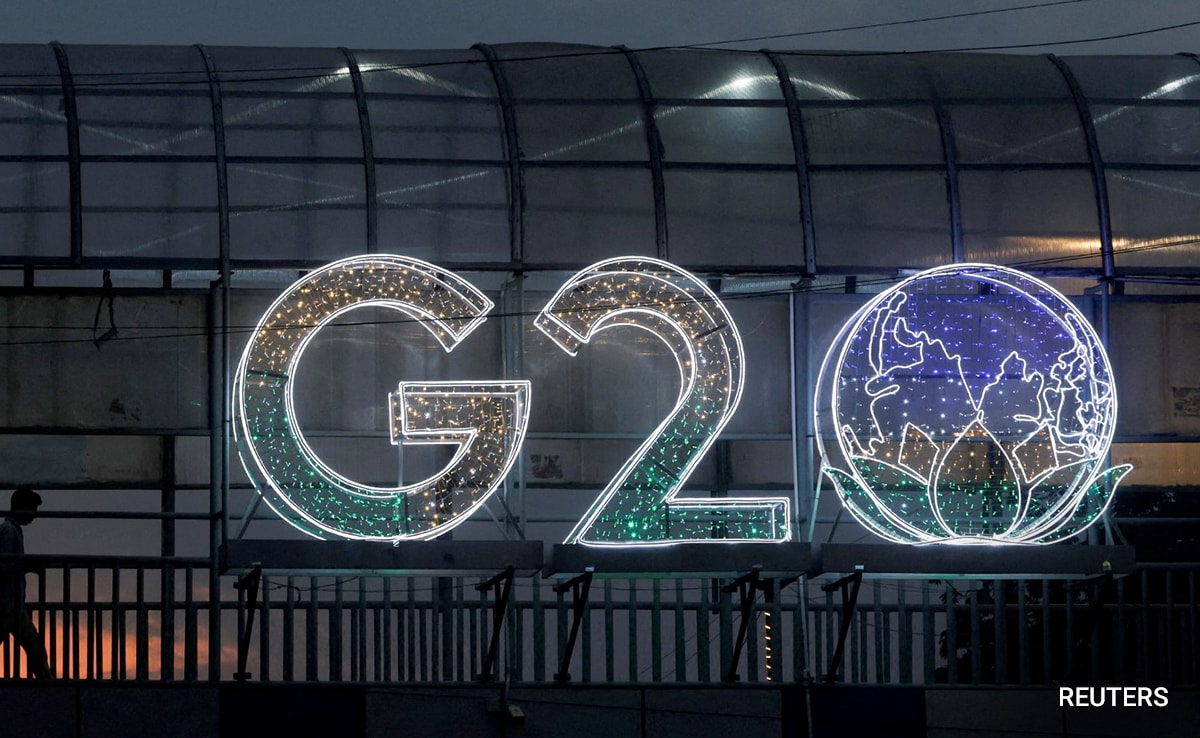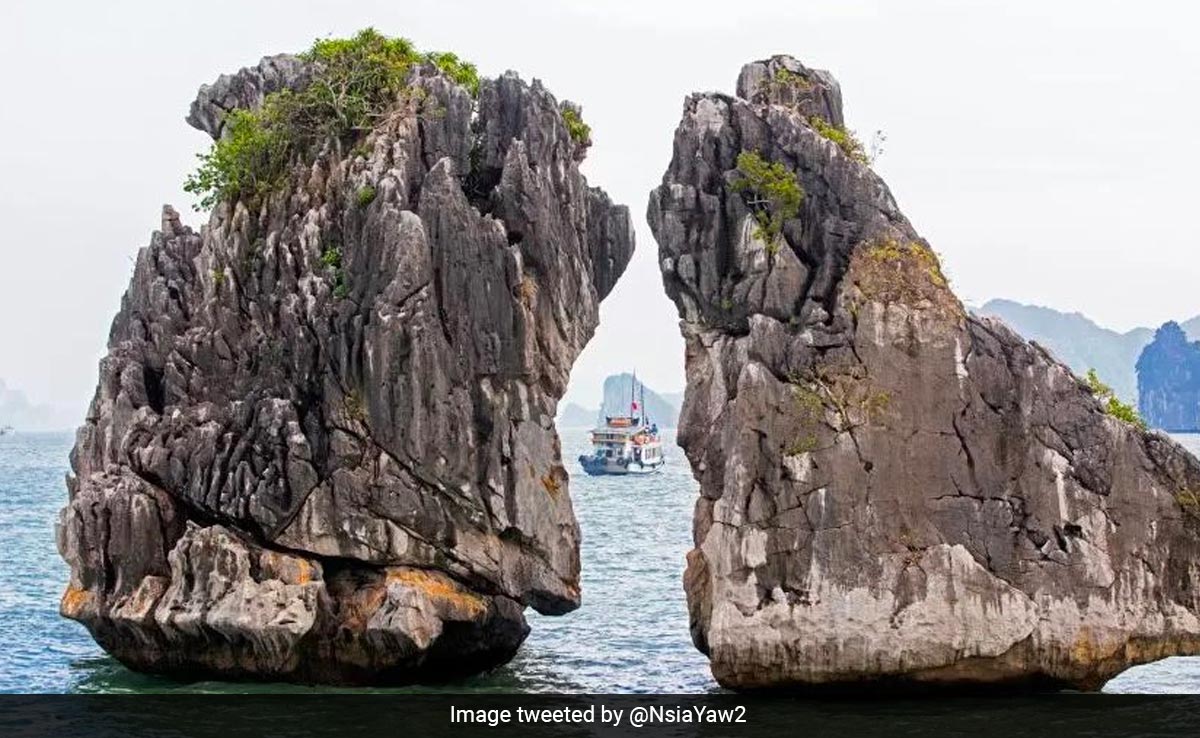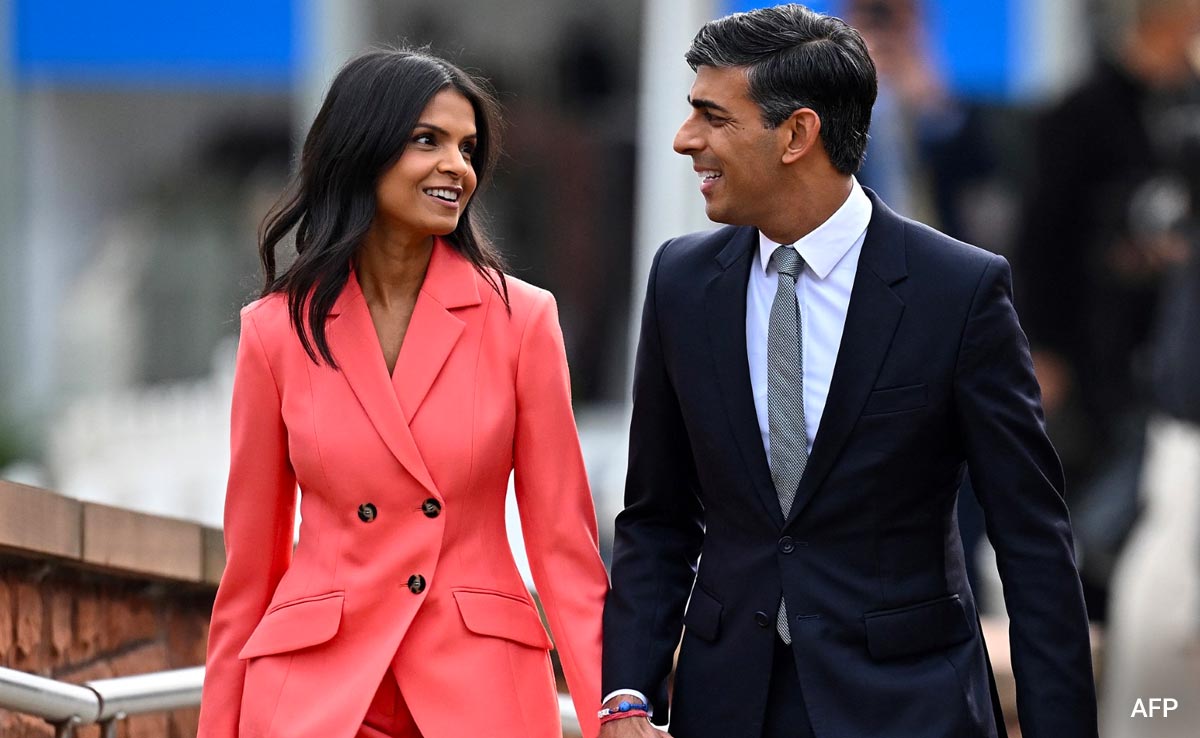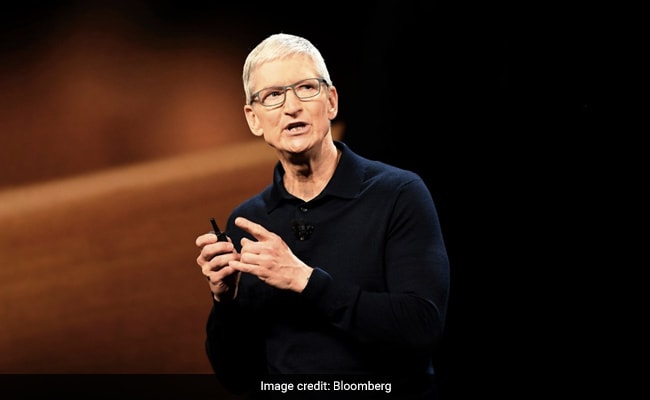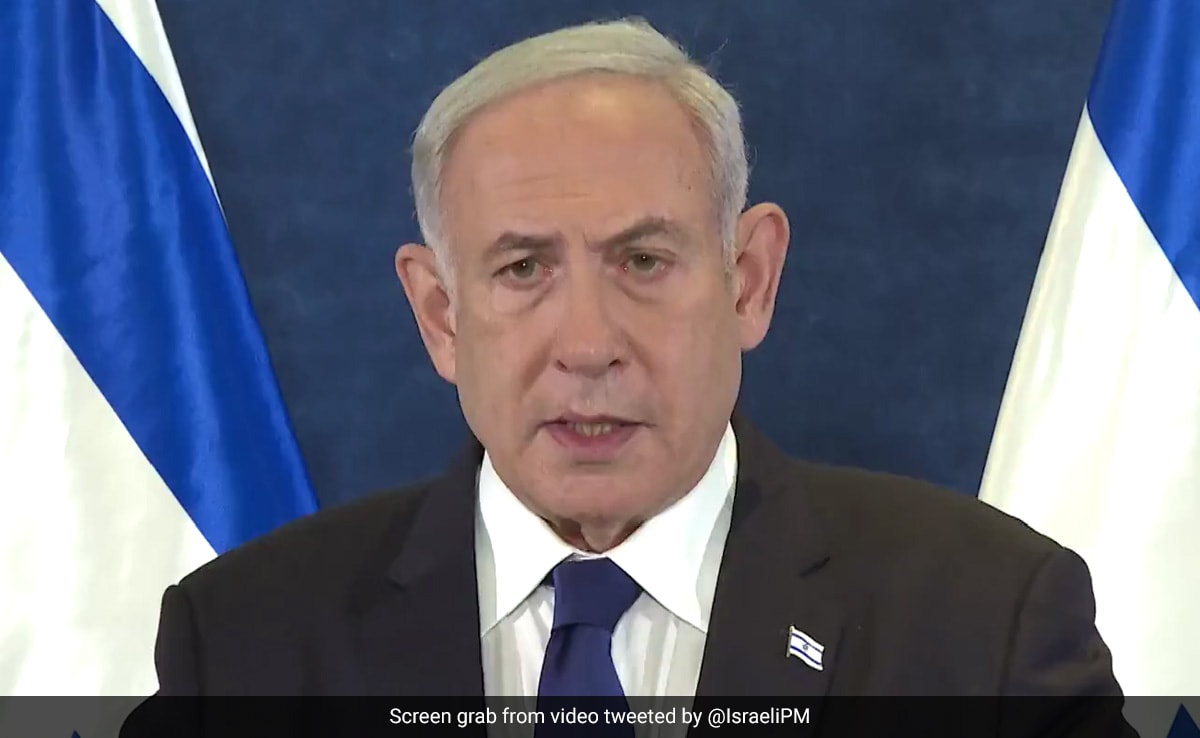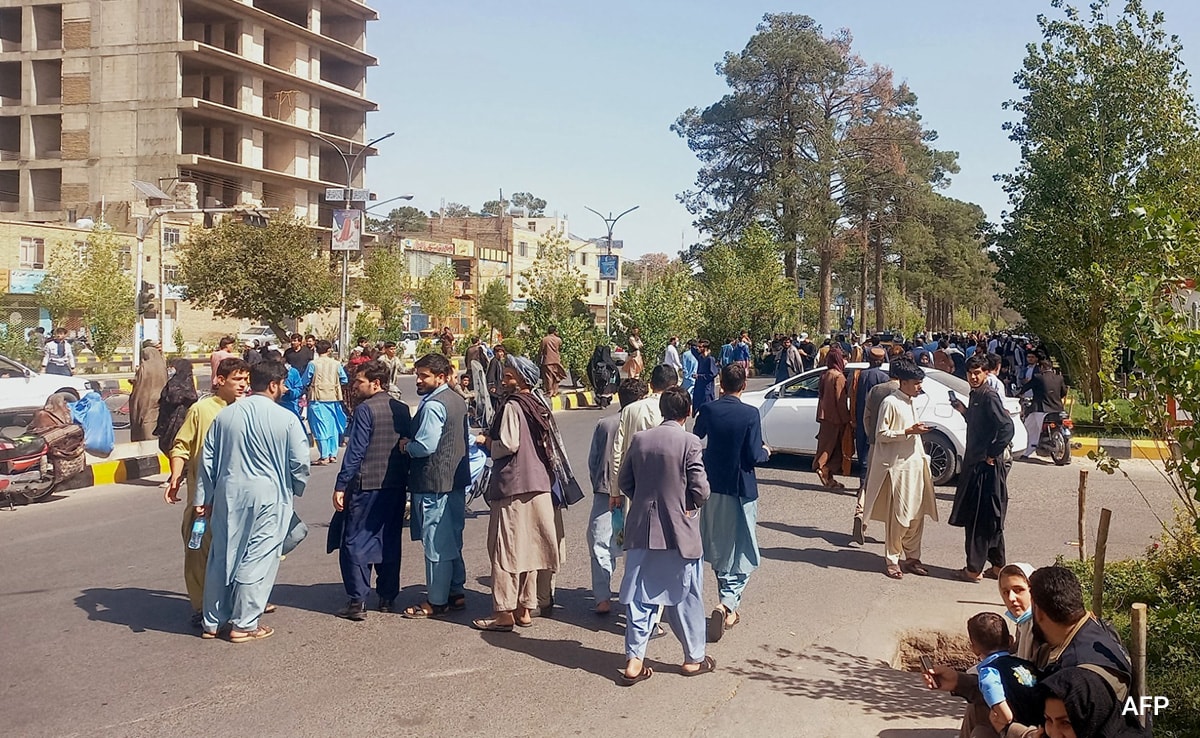File picture of fomer Singaporean Minister Tharman Shanmugaratnam New Delhi. He is hoping to become the next Singapore-born Indian-origin head of the state
| Photo Credit: PTI
Singaporeans voted in large numbers on Friday in the country’s first contested presidential election in more than a decade, a closely-watched three-way race in which former minister Tharman Shanmugaratnam is hoping to become the next Singapore-born Indian-origin head of the state.
This is the first contested presidential election since 2011. Apart from Mr. Tharman, two other candidates in the race for the country’s ninth President are Ng Kok Song, a former chief investment officer with the Government of Singapore Investment Corp (GIC), and Tan Kin Lian, the former chief of the NTUC Income, a state-owned union-based insurance group.
The three candidates have been chosen under strict criteria. Singapore has a stringent qualification process for candidates vying for the presidency.
Mr. Tharman, 66, an Indian-origin Singapore-born economist, formally launched his campaign in July with a pledge to evolve the country’s culture to keep it a “shining spot” in the world.
Having joined politics in 2001, Mr. Tharman has served in the public sector and ministerial positions with the ruling People’s Action Party (PAP) for over two decades.
He supports his qualification to be the next president of the prosperous state by citing his international experience across various fields including pandemic preparedness and human development.
He also has experience in the government and with the city state’s foreign reserves, estimated to be over Singapore dollars 2 trillion.
Mr. Tharman, who served as Singapore’s Deputy Prime Minister between 2011-2019, resigned in July from public and political posts to run for the presidency.
Indian-origin presidents
Singapore in the past had two Indian-origin presidents.
Sellapan Ramanathan, popularly known as S.R. Nathan, a Singaporean politician and civil servant of Tamil descent has served as the president of Singapore. In 2009, Mr. Nathan defeated Benjamin Sheares to become Singapore’s longest-serving president.
Chengara Veetil Devan Nair, better known as Devan Nair, served as the third president of Singapore from 1981 until his resignation in 1985. Born in 1923 in Malacca, Malaysia, he was the son of a rubber plantation clerk, who was originally from Thalassery, Kerala.
Incumbent President Halimah Yacob’s six-year term will end on September 13.
She is the country’s eighth and first female president. The 2017 presidential poll was a reserved election, in which only members of the Malay community were allowed to contest. Ms. Halimah was named president then as there were no other candidates.
A referendum
The presidential election is being seen as a referendum on the party that has ruled the island nation for more than six decades. The next general election is due in Singapore by 2025.
Chinese people account for about 75% of Singapore’s multi-racial population. An estimated 13.5% are Malays and about 9% are Indians, with others making up the remainder.
This year, the election was opened to all ethnicities.
Singapore, with no resources, sits in the midst of resource-rich Asia and has grown into an Asian financial hub with links to the world’s two largest markets – China and India.
The first presidential election in Singapore was held on August 28, 1993.

